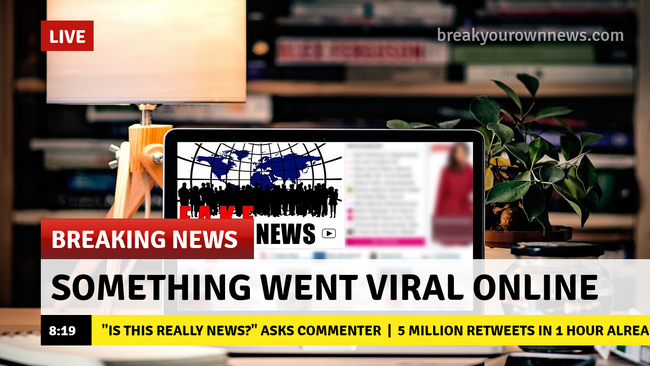
Fake news – while it may not be a new phenomenon, it has gained momentum over the last few years …
So how can you spot fake news?
The rise of the common voice on social media and the move away from reliance on our trusted daily newspaper (OK we can’t believe everything we read in there either), has meant we do need to question what we read and not take it all at face value.
The last US elections were a prime example of this. Analysis by BuzzFeed found that fake news stories drew more shares and engagement during the final three months of the campaign than legitimate reports from, for example, the New York Times, the Washington Post and CNN.
And it’s not just used to influence our thoughts and actions. Fake news makes money for those behind it. More clicks to the source of the news means more profit: a man running a string of fake news sites from Los Angeles told US National Public Radio that he made as much as US$30,000 a month from advertising that rewards high traffic to his sites.
It’s become so much of a problem that MPs held an inquiry into fake news. Meanwhile Facebook announced it will flag stories of questionable legitimacy with an alert that says “Disputed by 3rd party fact-checkers”. Facebook and Google have also stated they are cracking down on fake news sites by restricting their ability to earn advertising revenue.
As a copywriter, I’ve been asked whether I see fake news as a harmless bit of fun or something more sinister.
Fake news does have its place – no-one does satire better than the Brits and I would like to think our in-built cynicism generally sees past the lies and seeks out the jokes. But the power of words in the wrong hands can be disastrous.
When fake news is a problem
Many fake news sites intentionally try to pass themselves off as real, either by never disclosing their satirical nature or hiding the disclosure deep within their website.
Peddling deliberate lies that resemble credible journalism does a disservice to the real and truthful journalist and copywriters among us. Shoddy, unresearched, error-filled, and deliberately misleading reporting doesn’t put the industry in a good light.
And we all have to beware. It can be very embarrassing and damaging to make the mistake of quoting fake news stories in your PR or marketing (although it doesn’t seem to have harmed The Donald much).
Underpinning it all is the spreading of deliberating lies that can damage people, reputations and businesses and fuel hatred and ignorance.
So, if you don’t want to be caught up in the fake news maelstrom, think before you click or share – here are some tips for spotting fake news.
- Consider the source – if the first you’ve heard of a particular event is from a website you’ve never heard of, there may be a reason. Does the website address at the very top of the page look real? Is the end of the website something normal like ‘.co.uk’ or ‘.com’, and not something unusual, like ‘com.co’?
- Take a good look at the other stories on the site – you’ll get a sense of the seriousness of the publication, which is a good indication of its integrity.
- Read beyond the headlines – we all love an attention-grabbing headline but read the rest to discover the full story before you share.
- Check the author – are they credible and real?
- Check it out on other reputable sites. Find a reputable source that has done its own reporting on the story to ensure its truth and accuracy.
What can you do to stop the spread of fake news?
Share responsibly. You are an influencer within your own social network and in your PR and marketing: only post or share stories you know to be true, from sources you know to be responsible.
Pay for journalism you value.
But above all, retain your humour. Fake news that doesn’t seek to be malicious can brighten up our day – after all, the most infamous fake news day of all keeps us chuckling every year – April’s Fool Day……


